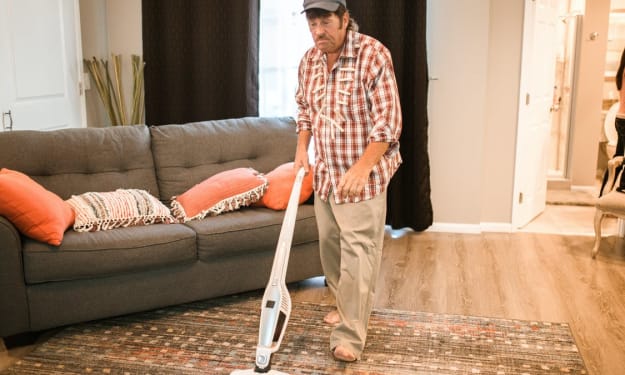The Only Basement Proofing Guide You'll Ever Need
Your home should be a place that protects you from the harsh environment. But what if your house is in danger itself? Issues like dampness

Your home should be a place that protects you from the harsh environment. But what if your house is in danger itself? Issues like dampness and mold growth crop up in many homes in Houston, given the city's high humidity level.
The basement is a likely target for these issues, especially during the wet months (May to October) in Houston, when rainfall takes a turn for the worse and becomes floods. Therefore, this part of your house needs waterproofing to ensure your house encounters no foundational problem that can fail your house during a home inspection in Northeast Houston, TX.
The need for basement proofing
Your basement should remain dry for two main reasons. The first being the prevention of rot in the foundation and framework of the house. When moisture or dampness builds up in the basement, it can seep into the wooden frames, which can create rot and form mildew and mold growth. Some of such growth can be toxic to human beings.
The second reason your basement needs to be dry is that it helps when you set out to renovate it later into a living space. Moreover, a dry basement in a house can mirror the square footage, making your house more valuable.
Causes of a wet basement
Soil grading: When the soil next to your house is sloping towards your house or is level to your house, water is redirected to your house instead of away from it.
1. Gutters: Gutters and downspouts that aren't functioning well or are damaged can cause water to spill over right next to the foundation, causing basement wetness.
2. Window wells: These are pockets in the earth around basement windows and have covers. When these covers are missing or damaged, water may pool up and enter the basement.
3. Drain tile: Drain tile is an underground drainage system around the perimeter of the house. Basements can become wet when they are blocked or crushed.
4. Structural cracks: Foundation wall cracks can lead to water entering the basement.
Basement proofing basics
Before thinking about waterproofing the basement, it is necessary to understand that proofing a basement is not a one-and-done kind of project. It goes well beyond simply coating the foundation wall. To effectively proof your house, you need to keep water away from the house through work on the yard, house exterior (foundation wall, gutters, windows, window wells, and drainpipes), and interior of the house (flooring, sump pump, and foundation wall).
Basement proofing tips: Yard
1. Soil grading: Using a shovel and wheelbarrow, create a 5% slope that extends downward, away from the house. Keep this away from the siding.
2. Drainage system: Create a drainage network using catch basins and pipes that direct water away from the house and toward the yard or property line.
3. French drains: Dig a trench and install a French drain (a perforated pipe with dirt-inhibiting cloth, gravel, and earth and sod) in areas where water collects or moves back to the house.
Basement proofing tips: Exterior
1. Window well covers: Adding well covers to the window wells can prevent water and snow from reaching the basement window.
2. Foundation walls: Waterproof (layers of impermeable material) and damp-proof (brushing or applying asphalt-based material) the foundation walls.
3. Gutters and downspouts: Fix sagging or unsealed gutters and damaged downspout or clear out the clogs in the gutter.
Basement proofing tips: Interior
1. Foundation coatings: Brush or roll waterproof coatings onto the foundation wall. These dry quickly, allowing more coats.
2. Sump pumps: Install a sump and a sump pump; they are common in basements with groundwater intrusion and can clean flooding.
3. Dehumidifiers: In a humid place like Houston, having dehumidifiers in the basement can help keep moisture at bay.
Conclusion
Keeping your basement protected from flooding and water is necessary to protect the rest of the house from rot and mold growth. In a humid city like Houston, the importance of basement proofing cannot be stated enough. However, remember, this is not a single project; a lot goes into it.






Comments
There are no comments for this story
Be the first to respond and start the conversation.